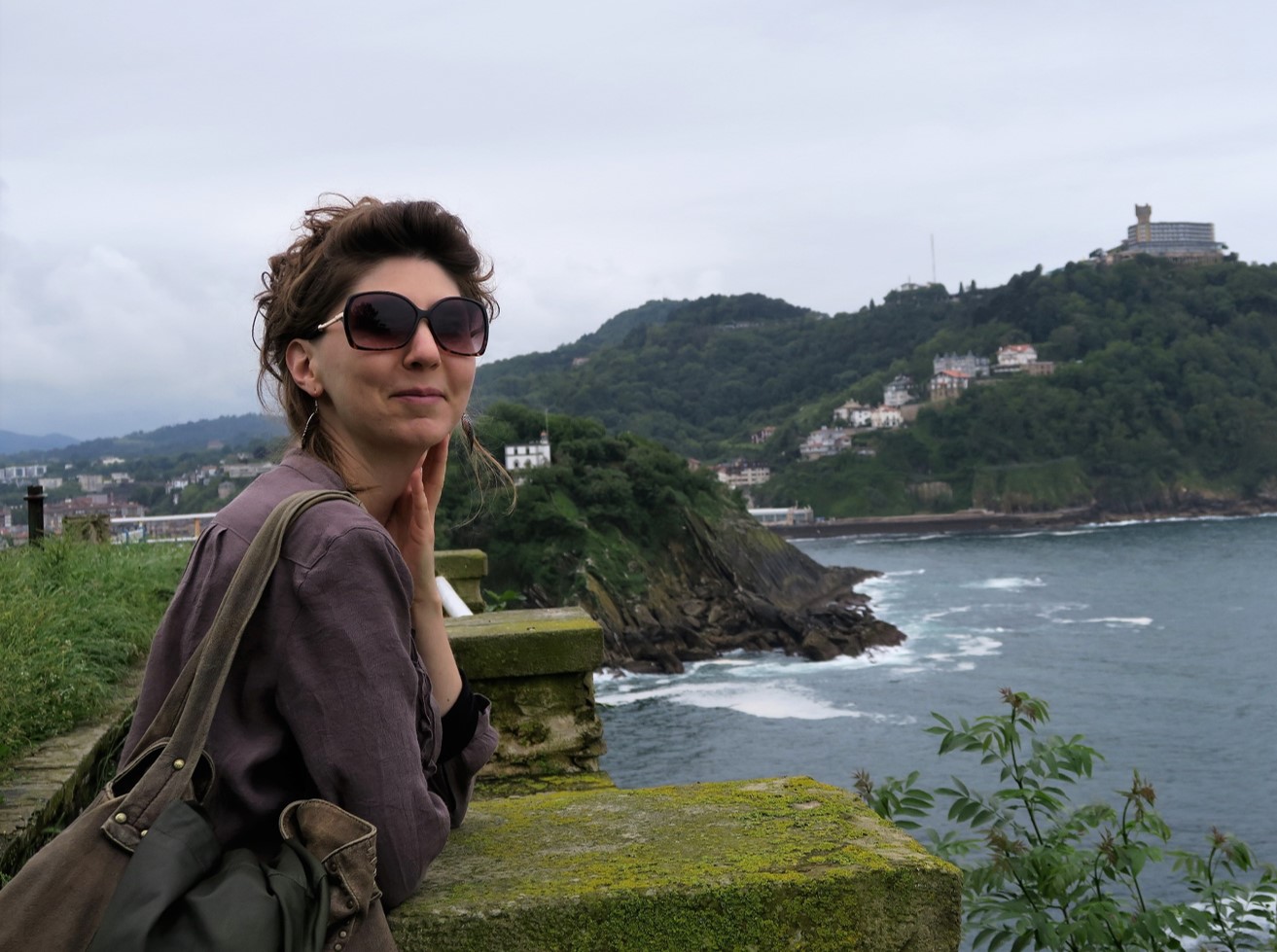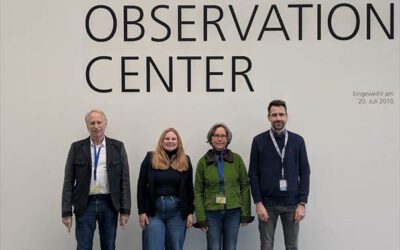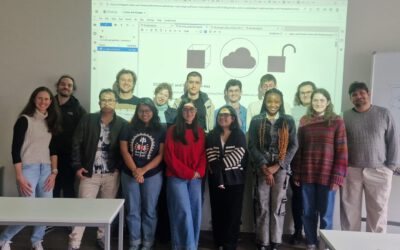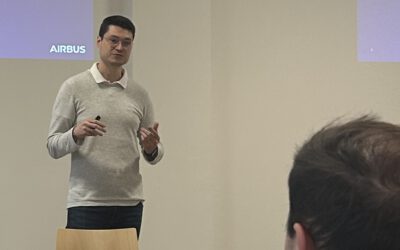End of this year, Alexandra Bell joined the Department of Remote Sensing as one of our new PhD students and project members of the project WASCAL-DE-Coop.
In the context of her PhD, Alexandra is interested in investigating the potential contribution of remote sensing to policy and decision-making. Questions such as ‘What impact do policy measurements, such as subsidies, have on local to regional development, the way we use our natural resources or on biodiversity?’ and ‘How can remote sensing contribute to monitoring, forming and enhancing the effectiveness and efficiency of policies?’ will be central to her work.
Before joining our group in Würzburg, Alexandra worked as personal advisor to the Minister of the Environment, Energy, Food and Forestry of Rhineland-Palatinate. She enrolled into this position after working for a couple of years as junior scientist at the University of Cambridge. During her time in Cambridge, she investigated the effect of market-based instruments on biodiversity and wrote her M.Phil. on „Conserving biodiversity with market-based instruments: The effects of woodland management schemes on butterflies”.
Alexandra has a BSc in Biology and joined the international graduate programme Global Change Ecology at Bayreuth University for her MSc, with her MSc thesis focusing on behaviourally informed multitemporal species distribution models in conservation area planning.









